
Qatar National Vision 2030: A Strategic Guide for Global Investors
In just the last year, Qatar’s real GDP surged by 6.1% in Q4 2024, hitting 181 billion Qatari riyals, a jump from 170 billion the year before. This isn’t luck. It’s the result of years of policy design, infrastructure investment, and legal reform.
✗ Qatar isn’t trying to be “the next Dubai.”
It’s carving out its own direction, one built on clean energy, digital transformation, and strategic global partnerships. And for anyone thinking long-term, especially across emerging markets, the question isn't if you should consider Qatar. It's how soon.
Learn all about how you can start a business in Qatar in the blog "How to Start a Business in Qatar in 2025 – A Clear Roadmap for Global Entrepreneurs"
➞ In this guide, we’ll break down where Qatar is headed under Vision 2030, what that means for investors like you, and how to get in early while the runway is still long.
Where Is Qatar Right Now? Progress in Numbers
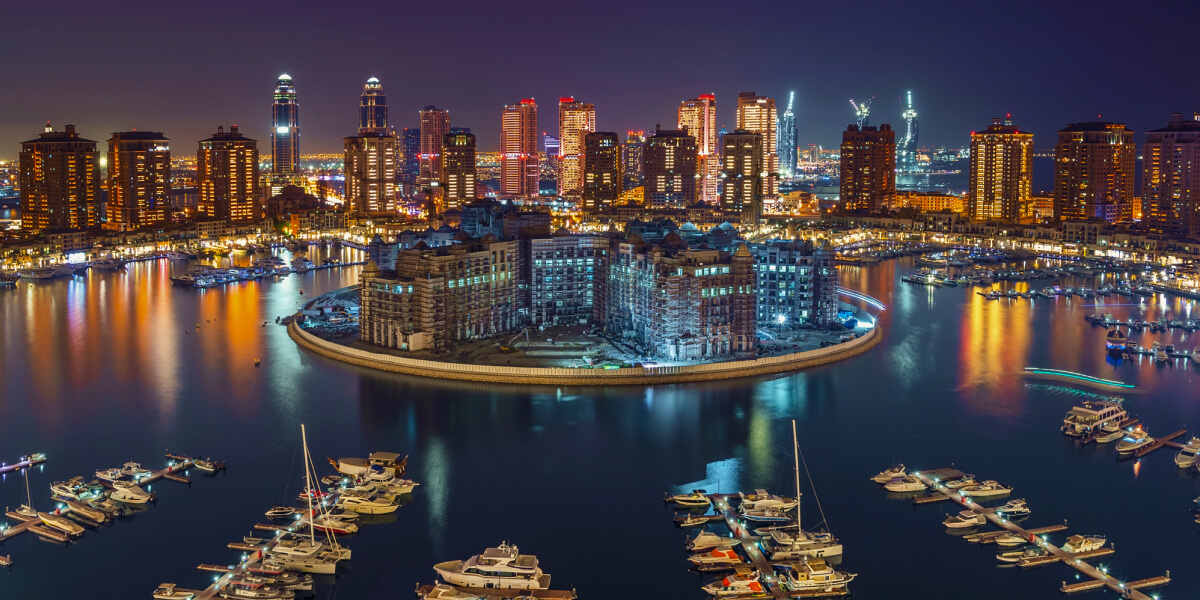
Before we dive into the "how" and "where to invest," let’s look at what Qatar has already accomplished, and why these milestones matter to investors planning for 2025 and beyond.
Here’s a snapshot of Qatar’s transformation under Vision 2030 so far:
|
Metric |
Latest Figures (2024–2025) |
Why It Matters |
|---|---|---|
| GDP Growth (Q4 2024) | +6.1% YoY (181B QAR) | Outpaces many developed markets; signals sustained macroeconomic stability |
| FDI Inflow (2023) | $29.8 billion (↑ 27% YoY) | Strong upward trend in foreign capital, especially in logistics, energy, and tech |
| Non-Oil Sector Contribution to GDP |
61% | Diversification goal showing real traction — not just talk |
| Renewable Energy Projects | 800+ MW solar (Al Kharsaah); Green hydrogen pilot in pipeline | Proof of energy shift; early access matters |
| Doha Metro Ridership (2024) | Over 350,000 daily users | Massive infrastructure usage, urban development opportunity |
| Qatari Workforce Localisation (Qatarisation) | 78% in government, 46% in key private sectors | Creating long-term, skilled workforce — key for stability and ESG alignment |
| S&P Credit Rating | AA with stable outlook | Low-risk profile makes Qatar attractive to institutional investors |
Four Building Blocks of Vision 2030 – And What They Mean for You
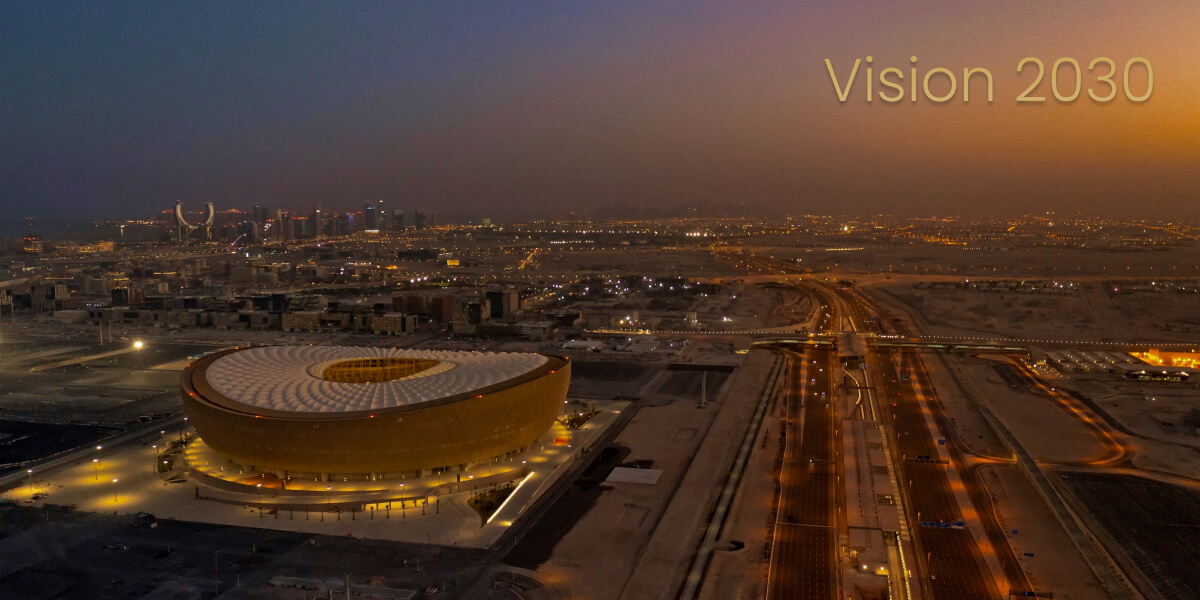
/01
Human Development
Qatar knows its future doesn’t lie in oil rigs, it lies in people. That’s why the government is investing heavily in education, healthcare, and R&D.
-
$7.8B+ allocated to education reform in 2023–2024
-
Home to Qatar Foundation’s Education City, with branches of top global universities like Georgetown, Carnegie Mellon, and HEC Paris
-
National Artificial Intelligence Strategy launched to upskill local talent in data, machine learning, and robotics
What this means for investors: You’re not entering a market that needs to import all its brainpower. There’s a growing, tech-savvy, bilingual workforce with local knowledge, ideal for foreign companies looking to localize operations efficiently.
/02
Social Development
Qatar is actively promoting social cohesion, legal modernization, and cultural inclusion. This isn't window dressing, it's about attracting long-term residents, not just temporary expats.
-
Launched a permanent residency program offering more security for foreign residents
-
Women participation in workforce has increased by 20% since 2010
-
Significant investment in smart urban design, public spaces, and museums
▸ Investor lens:
A socially stable, cosmopolitan society reduces long-term risks for private ventures and improves quality of life for relocated teams.
/03
Economic Development
This is the pillar most investors zero in on, and for good reason. Qatar’s economic diversification is accelerating.
-
Non-oil sector contributes 61% of GDP as of 2024
-
Strategic focus on logistics, finance, tourism, clean tech, and media
-
Qatar Free Zones Authority (QFZA) and Qatar Financial Centre (QFC) offer tax breaks and 100% foreign ownership
▸ Translation for investors:
You're walking into a market with structure, incentives, and real demand for private capital.
/04
Environmental Development
Qatar isn’t ignoring climate pressures. In fact, it hosted the first carbon-neutral FIFA World Cup and has pledged to reduce its carbon footprint across industries.
-
Al Kharsaah solar plant powers 10% of the national grid
-
Active development of green hydrogen and carbon capture tech
-
Nationwide push toward LEED-certified construction and ESG compliance
▸ For investors:
If your fund or company needs to meet environmental criteria, Qatar offers scalable green projects, from infrastructure to cleantech, that align with global ESG mandates.
Why Qatar Is a Prime FDI Destination in 2025
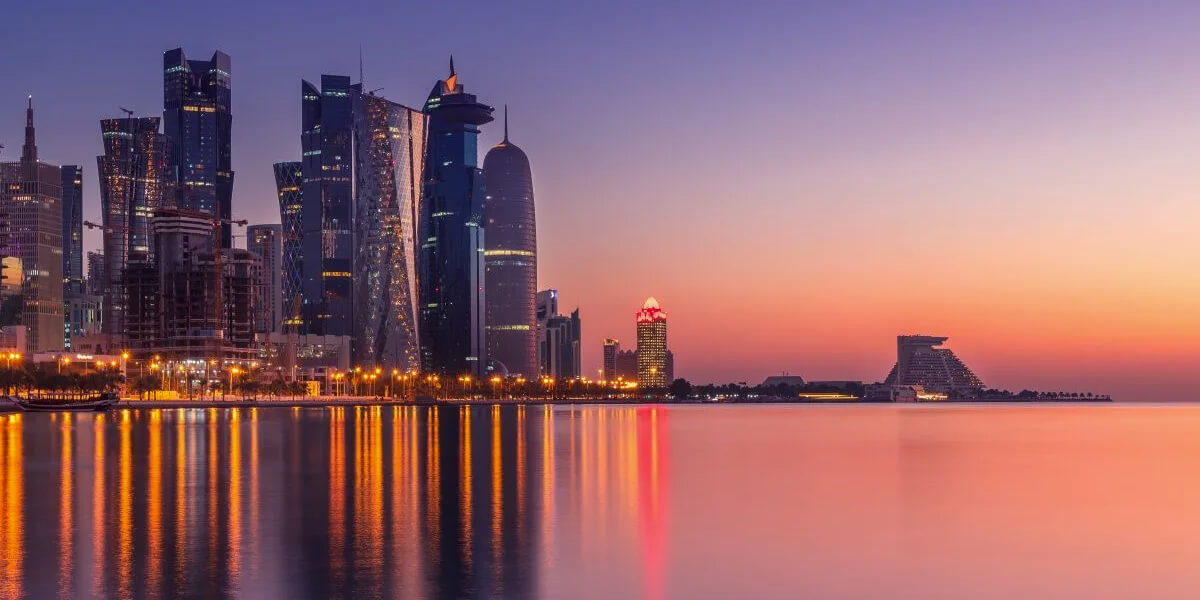
Global capital is becoming more selective, and Qatar is responding with policies and reforms that actually make it easier to do business.
Here’s what’s attracting global investors:
✓ A safe and stable place to grow your money
Qatar has a strong credit rating and a stable economy. Prices stay predictable, the local currency is linked to the US dollar, and the country has a track record of political calm.
✓ You can fully own your business
In most sectors, you no longer need a local Qatari partner. This means you can start and operate your company on your own terms, with full control.
✓ No income tax, low business tax
Individuals don’t pay income tax. Businesses pay just 10% corporate tax on profits from Qatar — and many companies in special zones don’t even pay that.
✓ Easy to move money in and out
You’re allowed to repatriate your profits without restrictions. That’s a major advantage in a region where capital controls are still common.
✓ Modern infrastructure that actually works
Qatar’s seaports and airports are among the best in the world. Hamad Port and Hamad International Airport rank high in efficiency and make logistics fast and reliable, especially if you’re trading across continents.
✓ Investor-friendly legal system
A newer bankruptcy law, commercial courts, and better dispute resolution systems help protect your rights. You’re not left guessing how the rules work.
✓ Government actively inviting foreign partners
Through its Public-Private Partnership (PPP) law, Qatar is inviting foreign firms to co-develop major projects, from schools and hospitals to highways and energy plants. Over 45 PPPs are currently in the pipeline.
Where the Growth Is: Key Sectors & Why They Matter


Digital Finance & Islamic FinTech
Islamic banking plays a central role in its financial system, and now that model is scaling into the fintech space.
-
Qatar Islamic Bank (QIB) is leading the charge with Sharia-compliant mobile banking, digital Murabaha financing, and savings tools
-
The Qatar FinTech Hub backs startups that respect Islamic finance principles like profit-sharing, ethical asset backing, and interest-free structures
-
Initiatives around Halal investing, crowdfunding, and Islamic robo-advisors are actively supported by regulators
▸ Why this matters: If you’re working in fintech, ethical investing, or Islamic finance, Qatar gives you the structure to grow while staying true to your principles.

Transport & Logistics
Qatar is positioning itself as a logistics hub, but not by chance. It’s building infrastructure that supports regional trade, ethical sourcing, and long-term mobility.
-
Doha Metro carries over 350,000 passengers a day — efficient, affordable, and built for clean transport
-
Hamad Port has become a key node for Halal-certified exports moving between Africa, Asia, and Europe
-
Government zones are being developed with ESG standards and sustainable logistics in mind
▸ Investor takeaway:
If your business deals with Halal supply chains, regional e-commerce, or sustainable trade, Qatar is building the roads to help you scale.

Ethical Banking & Sharia-Compliant Investment
Beyond fintech, Qatar’s entire investment ecosystem is being shaped by Islamic finance principles, making it one of the most transparent and values-driven markets in the Gulf.
-
Over 25% of total banking assets in Qatar are managed by Islamic banks like QIB, Masraf Al Rayan, and Dukhan Bank
-
The Qatar Financial Centre (QFC) offers licensing for Sharia-compliant funds, sukuk issuers, and Halal investment vehicles
-
The Qatar Investment Authority, one of the world’s largest sovereign wealth funds, increasingly includes ESG-aligned and ethical portfolios
▸ Why this matters to you:
If you’re looking to structure funds, expand ethical portfolios, or raise capital in a Muslim-majority market, Qatar offers credibility, infrastructure, and investor demand, all aligned with Sharia principles.

Real Estate & Tourism
Qatar isn’t chasing the luxury lifestyle trend, it’s designing its real estate and tourism strategy around livability, modesty, and meaningful experiences.
-
Projects like Lusail City integrate Islamic design values, smart energy systems, and community-focused zoning
-
Foreign investors can now get residency through property ownership, especially in zones built for families and working professionals
-
Tourism growth is moving toward faith-conscious, family-safe, and culture-rich experiences
▸ Investor insight:
Whether you’re entering residential development, modest hospitality, or education-linked real estate, Qatar offers room to grow, in ways that align with conservative values and stable returns.
How to Start a Business in Qatar

Setting up a company in Qatar might sound complicated at first, but once you understand the structure, it’s actually one of the more straightforward countries in the region.
You’ll just need to choose the right entry path based on your business goals.
Here’s how it works, step by step:
Step 1
Choose Your Entry Route
There are three main options for foreign investors and businesses:
-
Qatar Free Zones Authority (QFZA):
Best for logistics, tech, and manufacturing. Offers 100% foreign ownership, tax holidays, and access to ports/airports. You operate inside designated economic zones (e.g. Ras Bufontas, Umm Alhoul). -
Qatar Financial Centre (QFC):
Ideal for finance, legal, consulting, and digital businesses. Gives you a legal structure based on English common law, allows 100% foreign ownership, and offers a fast-track licensing process. -
Mainland (with MoCI):
For companies planning to operate across Qatar, including local service providers. This usually involves a Qatari partner (unless in exempt sectors). You register with the Ministry of Commerce & Industry (MoCI).
Step 2
Reserve Your Company Name
Once you know your path, you’ll need to pick and reserve a trade name through the MoCI portal or your chosen zone authority. Make sure your name doesn’t conflict with existing trademarks or government-restricted terms.
Step 3
Get Initial Approvals
Depending on your business activity, you may need:
-
Preliminary approval from MoCI or QFC/QFZA
-
Sector-specific licenses (e.g. health, education, media)
-
Municipal approvals for physical locations, if applicable
◇ In zones like QFZA or QFC, many of these steps are handled through a single-window platform.
Step 4
Open a Bank Account in Qatar
You’ll need a corporate account to deposit share capital and begin operations. Popular choices include:
-
Qatar Islamic Bank (QIB): Offers Sharia-compliant business accounts
-
Qatar National Bank (QNB): The largest bank, with a full suite of SME and enterprise services
-
Commercial Bank of Qatar (CBQ): More flexible with digital startups
▸ Tip:
Banks often request a valid office lease and full company documents, so don’t delay your paperwork.
Step 5
Finalize Licensing and Start Operating
Once your documents are in order and your bank account is open, you’ll receive your commercial registration (CR), tax card, and labor approvals, and you’re officially in business.
Most companies can be fully operational in 4–8 weeks, especially when setting up through QFC or a Free Zone.
✳︎ Thinking long-term?
You can also apply for residency permits tied to your company, either for owners, executives, or essential staff. And if you invest in real estate, there are now routes to permanent residency depending on the property value and location.
What’s in It for You? Incentives for Foreign Companies in Qatar
Qatar is actively creating reasons for international companies to set up here. Whether you’re building a startup, launching a regional office, or scaling a services business, the government has laid out a set of benefits designed to make your entry smoother and more profitable.
Here’s what you can expect:

100% Foreign Ownership in Most Sectors
You can now fully own your company in almost all industries, especially if you operate through:
-
Qatar Free Zones Authority (QFZA)
-
Qatar Financial Centre (QFC)
-
Designated real estate zones and MoCI-approved activities
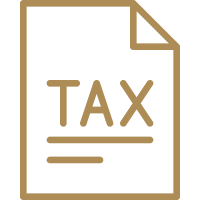
Long-Term Tax Relief & Repatriation Rights
-
Zero income tax for individuals
-
10% flat corporate tax on local-source profits (often waived in free zones)
-
No restrictions on sending profits abroad, all repatriation is allowed in full
This structure is one of the most straightforward and investor-friendly in the Gulf.

Fast Business Licensing Through One-Stop Platforms
Whether you're registering in QFZA, QFC, or through the MoCI, most paperwork is processed through streamlined digital portals. For example:
-
QFC licenses are often issued in 1–2 weeks
-
QFZA offers end-to-end setup assistance, including visa and office coordination
-
Startup Qatar and Invest Qatar platforms provide real-time guidance and timelines
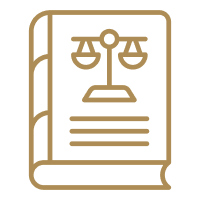
Legal and Regulatory Protections for Investors
Qatar has upgraded its legal landscape to increase transparency and reduce risk:
-
New bankruptcy law allows corporate restructuring and exit options
-
Commercial courts and international arbitration centers offer clear dispute resolution
-
IP and contract enforcement are aligned with international standards, especially under QFC

Public-Private Partnership (PPP) Opportunities
Qatar’s PPP law gives foreign investors a legal framework to co-develop infrastructure, health, education, and logistics projects with the government.
-
Over 45 PPP projects announced since 2020
-
Sectors include education, ports, hospitals, renewable energy, and water infrastructure
-
Investors can secure long-term revenue shares without having to fully build or manage the project
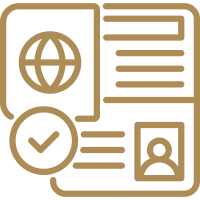
Talent Visas & Residency Support
-
Founders and key staff can get employment or investor visas tied to the company
-
Certain real estate investments qualify for residency permits
-
Long-term visas available for entrepreneurs, researchers, and skilled professionals
If you’re hiring internationally, Qatar’s visa processes are far simpler than many neighboring countries.
Challenges and Gaps: Where Smart Investors Can Make a Difference

Even with all its growth, Qatar still has pain points, areas where demand is outpacing supply or where local capabilities are still catching up.
For foreign entrepreneurs and companies, this is exactly where you can step in, build, and scale.
/01
Workforce Localisation
Qatar’s “Qatarisation” policy is focused on increasing local talent in key industries. But the reality? Many high-skill sectors still rely heavily on foreign expertise.
-
In private tech, engineering, healthcare, and media, the local talent pool is growing, but demand is growing faster
-
The government is investing in training, but many companies still need to import senior-level skills
▸ What this means for you:
If you run a training company, an ed-tech startup, or an HR firm focused on skills development or localisation, Qatar’s market is wide open.
/02
ESG Compliance & Sustainability Expertise
After the carbon-neutral World Cup, Qatar is aiming to build a reputation for sustainability — but many sectors are still early in ESG integration.
-
Real estate and logistics are seeing pressure to meet green building codes
-
SMEs and mid-sized companies often lack the in-house capacity to meet ESG reporting standards
-
Government tenders increasingly include sustainability metrics as part of scoring
▸ Opportunity:
ESG consulting, carbon accounting software, sustainability tech, and compliance services are all in demand, especially if you can localize your offer to the Qatari regulatory context.
/03
Islamic Digital Products Still Underserved
While Qatar leads in Islamic banking, many digital-first solutions, like Halal investment platforms, Islamic neobanks, and AI-driven zakat tools, are still underdeveloped.
-
Younger consumers are demanding Sharia-compliant tools that match modern UX expectations
-
Institutional investors are seeking Halal-certified alternatives to ETFs, mutual funds, and retirement products
-
The Qatar FinTech Hub is actively looking for startups in this space
▸ What to build:
If your product respects Islamic finance principles and solves a real user need, Qatar isn’t just your market, it could be your base.
/04
Mid-Market & Family-Focused Real Estate
There’s a lot of high-end real estate in Qatar, but much less that targets middle-income professionals or families planning to stay long-term.
-
Most foreign-targeted housing is either luxury or short-term rental
-
Young professionals and expat families want modest, smart housing with community amenities
-
The residency-through-property path favors investments above certain thresholds, but few projects cater to this mid-investor profile
▸ Investor angle:
If you’re in real estate development or investment, the underserved “middle” offers room for stable returns, especially if you bundle it with residency services or faith-friendly design.
Quick FAQ: What Investors Usually Ask Before Moving to Qatar

⎯ Can foreigners fully own a business in Qatar?
Yes, in most sectors, 100% foreign ownership is allowed. You can set up through the Qatar Financial Centre (QFC), the Free Zones (QFZA), or under MoCI with special exemptions. You don’t need a local partner unless your activity is on the restricted list (like defense or certain national services).
⎯ How long does it take to register a business in Qatar?
Typically, 4 to 8 weeks, or less if you use QFC or QFZA, which offer fast-track licensing and one-stop setup portals. Mainland setups can take longer depending on your sector and office lease requirements.
⎯ Are there any taxes for foreign-owned companies?
There is no personal income tax in Qatar. Corporate tax is a flat 10% on local-source profits. Companies in Free Zones or specific sectors (e.g. tech, R&D, industrial) often qualify for tax holidays or exemptions.
⎯ What are the best banks in Qatar for foreign businesses?
Top choices include:
-
Qatar Islamic Bank (QIB): Ideal for Sharia-compliant business banking
-
Qatar National Bank (QNB): Qatar’s largest bank with broad corporate services
-
Commercial Bank of Qatar (CBQ): Known for digital services and SME-friendly onboarding
✳︎ All banks require a company CR (Commercial Registration), office lease, and shareholder documents to open a corporate account.
⎯ Can business owners get residency through investment?
Yes. Company owners and key staff can get long-term residence permits linked to their business. Also, property investors (minimum 730,000 QAR / ~$200,000) in approved areas may qualify for renewable residency, or even permanent residency for higher-value investments.
Contents
- Where Is Qatar Right Now? Progress in Numbers
- Four Building Blocks of Vision 2030 – And What They Mean for You
- Why Qatar Is a Prime FDI Destination in 2025
- Where the Growth Is: Key Sectors & Why They Matter
- How to Start a Business in Qatar
- What’s in It for You? Incentives for Foreign Companies in Qatar
- Challenges and Gaps: Where Smart Investors Can Make a Difference
- Quick FAQ: What Investors Usually Ask Before Moving to Qatar




